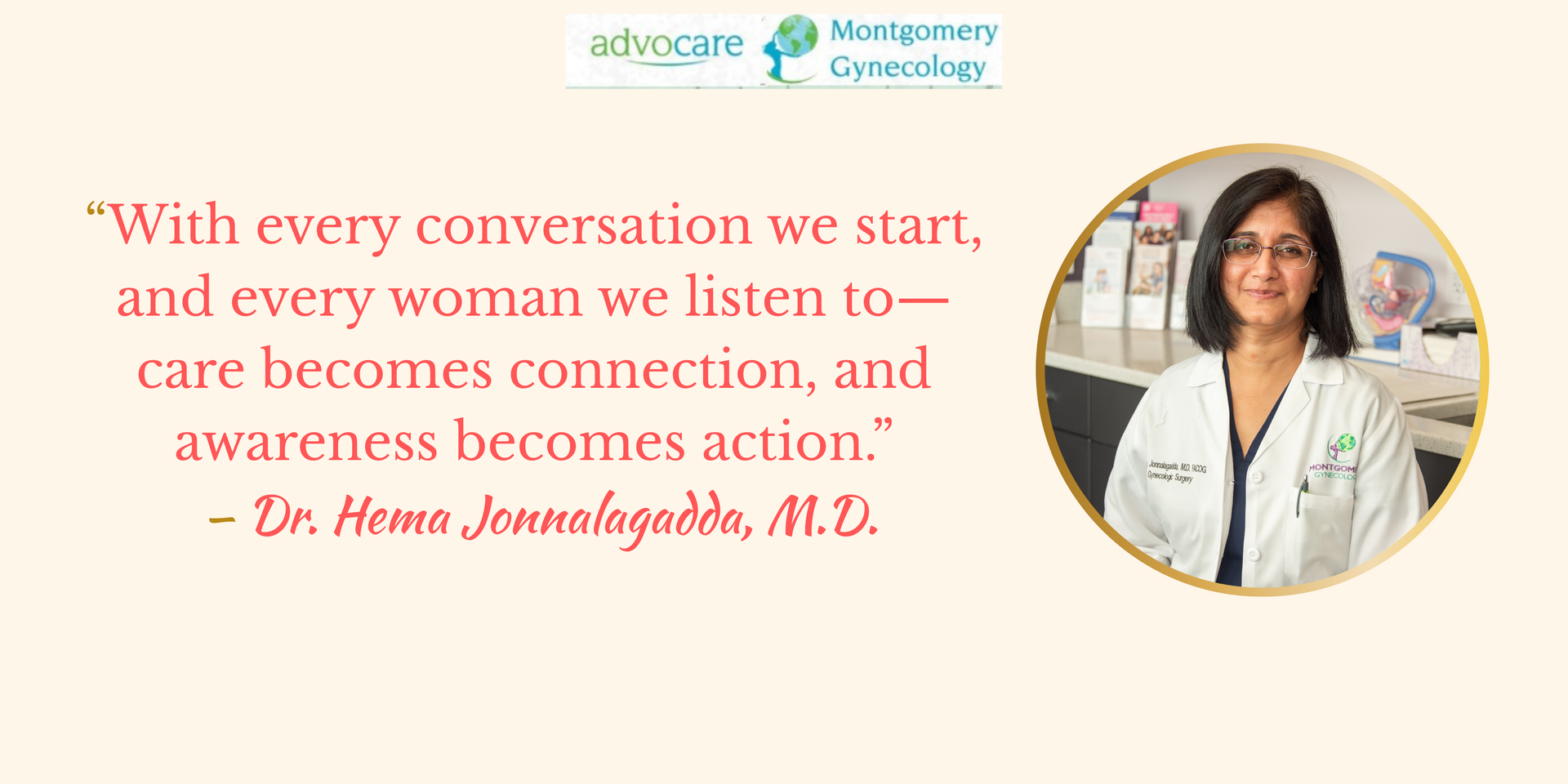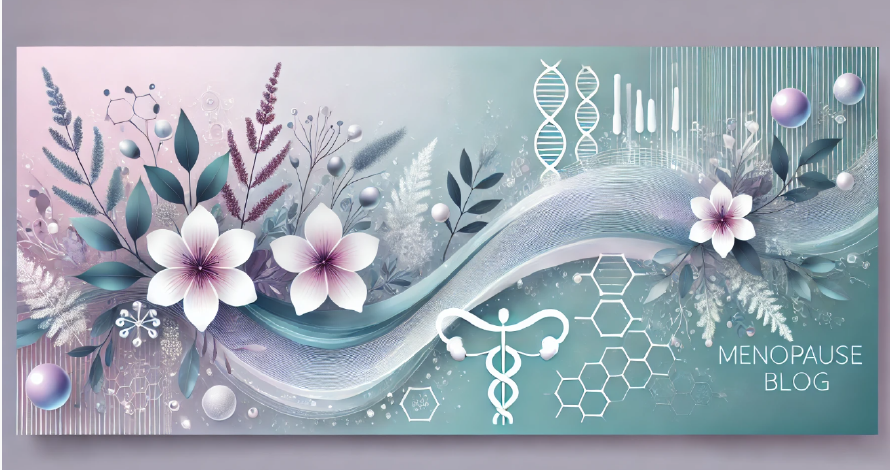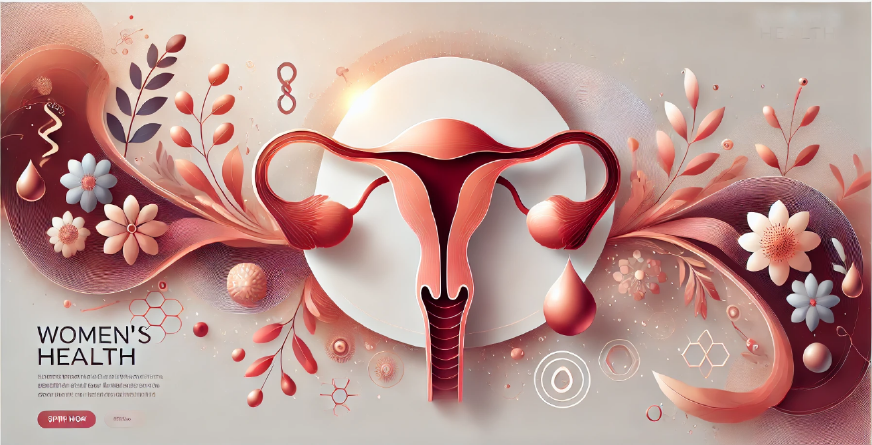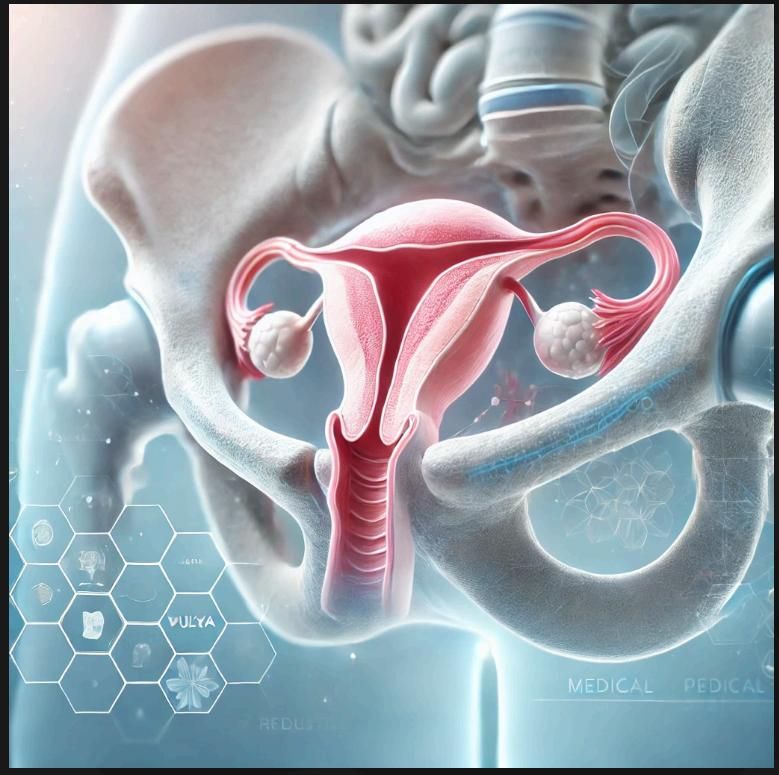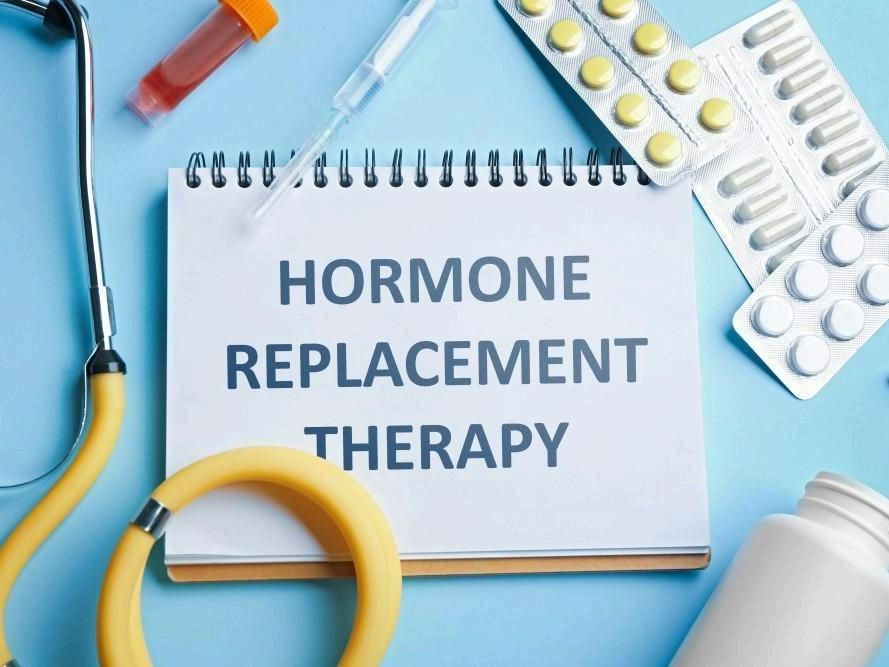Pelvic Health Awareness Month: Why Pelvic Health Matters to Women
Introduction: Understanding Menopause
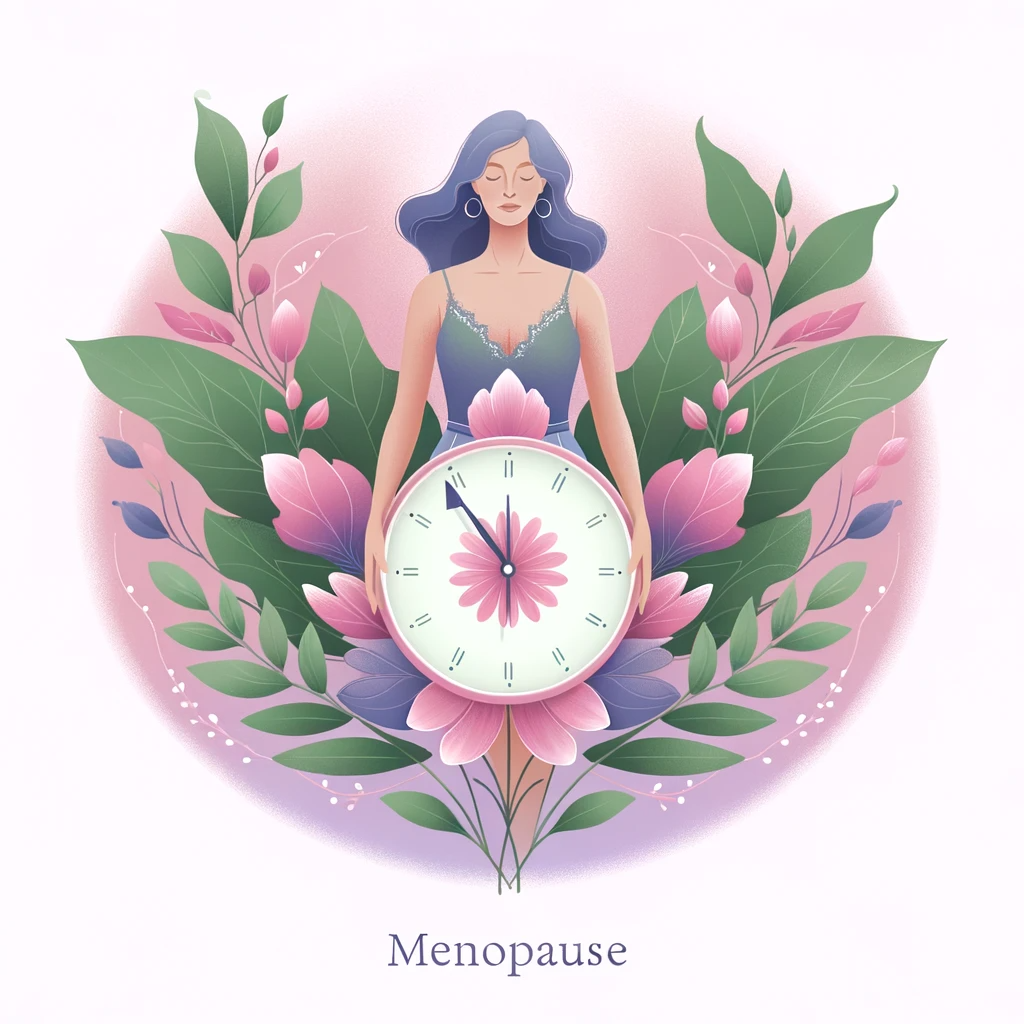
Menopause, a natural biological process, signifies the end of menstrual cycles and fertility in a woman’s life. Although it’s often associated with its hallmark symptom, the hot flash, menopause encompasses a range of biological changes and its influence extends to emotional and psychological health.
This in-depth guide is designed to explore the intricacies of menopause, offer valuable management strategies, and affirm that while menopause is a natural event, it doesn't have to be a disruptive one.
The body content of your post goes here. To edit this text, click on it and delete this default text and start typing your own or paste your own from a different source.
The Physiology of Menopause
Menopause is a gradual process that typically unfolds over several years, often categorized into three stages: perimenopause, menopause, and postmenopause. During these stages, the ovaries gradually produce less estrogen and progesterone, hormones that regulate menstruation, leading to the cessation of menstrual periods.
Symptoms and Signs
The menopausal transition brings about various symptoms, which may include, but are not limited to:
- Hot flashes and night sweats
- Irregular periods
- Vaginal dryness
- Mood swings
- Sleep disturbances
- Thinning hair and dry skin
- Loss of breast fullness
It’s imperative to note that experiences vary significantly among women, and not all will encounter every symptom.

Lifestyle Management Strategies
A proactive approach to managing menopausal symptoms can markedly improve your life quality:
- Diet: Incorporate a balanced diet rich in fruits, vegetables, and whole grains. Limit caffeine and alcohol to reduce hot flashes.
- Physical Activity: Engage in at least 150 minutes of moderate aerobic activity or 75 minutes of vigorous aerobic activity a week, along with strength training exercises.
- Stress Reduction:Techniques such as yoga, meditation, or mindfulness can alleviate mood swings and improve sleep quality.
Medical Interventions
Medical interventions for managing menopause are personalized and can significantly improve quality of life. They often focus on alleviating the most disruptive symptoms and preventing long-term health issues associated with decreased hormone levels.
Hormone Replacement Therapy (HRT):
HRT is one of the most effective treatments for relieving menopausal symptoms, especially hot flashes, night sweats, and vaginal symptoms. There are various forms of HRT, including systemic hormone pills, skin patches, gels, and localized treatments such as vaginal creams, tablets, or rings. The American College of Obstetricians and Gynecologists (ACOG) provides guidelines on HRT, emphasizing that the therapy should be tailored to the individual, with the lowest effective doses used for the shortest duration necessary. Women considering HRT should discuss their personal and family medical history with their healthcare provider to thoroughly weigh the benefits and risks.
Lifestyle Management Strategies
A proactive approach to managing menopausal symptoms can markedly improve your life quality:
-
Diet: Incorporate a balanced diet rich in fruits, vegetables, and whole grains. Limit caffeine and alcohol to reduce hot flashes.
- Physical Activity: Engage in at least 150 minutes of moderate aerobic activity or 75 minutes of vigorous aerobic activity a week, along with strength training exercises.
- Stress Reduction: Techniques such as yoga, meditation, or mindfulness can alleviate mood swings and improve sleep quality.
Medical Interventions
Medical interventions for managing menopause are personalized and can significantly improve quality of life. They often focus on alleviating the most disruptive symptoms and preventing long-term health issues associated with decreased hormone levels.
Hormone Replacement Therapy (HRT):
HRT is one of the most effective treatments for relieving menopausal symptoms, especially hot flashes, night sweats, and vaginal symptoms. There are various forms of HRT, including systemic hormone pills, skin patches, gels, and localized treatments such as vaginal creams, tablets, or rings. The American College of Obstetricians and Gynecologists (ACOG) provides guidelines on HRT, emphasizing that the therapy should be tailored to the individual, with the lowest effective doses used for the
shortest duration necessary. Women considering HRT should discuss their personal and family medical history with their healthcare provider to thoroughly weigh the benefits and risks.
Non-Hormonal Prescription Options:
For women who cannot take hormones or prefer not to, non-hormonal medications can provide relief. Certain antidepressants, anti-seizure drugs, and blood pressure medications have been found to reduce hot flashes. Vaginal moisturizers and lubricants can be used to relieve vaginal dryness. Dr. Hema Jonnalagadda can offer guidance on these options, ensuring they align with your health needs and preferences.
Preventive Measures:
In addition to treating symptoms, medical interventions during menopause also include preventive care. Bone density testing, mammograms, and screenings for cardiovascular health are important aspects of menopause management. Preventive measures aim to mitigate the increased risk of osteoporosis and heart disease post-menopause.
Consulting a Healthcare Professional
It is essential for women going through menopause to have a healthcare provider who listens and responds to their concerns with empathy and expertise. Dr. Hema Jonnalagadda's practice, Advocare Montgomery Gynecology, prides itself on offering patient-centered care that acknowledges the uniqueness of each woman's experience.
During a consultation, Dr. Jonnalagadda will:
- Evaluate your medical history and symptoms.
- Discuss the impact of symptoms on your daily life.
- Explore treatment options, including lifestyle changes, HRT, and alternative treatments.
- Conduct or recommend screenings and tests to monitor health changes associated with menopause.
- Provide resources for additional support, such as support groups or counseling services.
Your menopausal journey should be guided by expertise and compassionate care. If you're navigating the complexities of menopause and seeking support, Dr. Hema Jonnalagadda and the team at Advocare Montgomery Gynecology are here to help. With a focus on cutting-edge treatments and holistic care, we invite you to join the many women who trust us with their health:
- Call us today at +1 215-444-3411 to schedule your appointment.
- Visit our practice at 115 Plymouth Rd Suite#5, Plymouth Meeting, PA 19462, United States,
for a consultation in a caring and professional environment.
- Explore our website to learn more about how we can assist you during menopause and beyond.
Take the first step towards a more comfortable menopause transition. Contact us now to discover how we can tailor a treatment plan to your unique needs and help you live your best life at every stage.
Conclusion: Empowerment Through Education
Menopause marks a new chapter in a woman’s life. With the right information, support, and care, it can be a time of empowerment and well-being. Embrace this transition with confidence, equipped with knowledge and the support of Dr. Jonnalagadda and her team.
